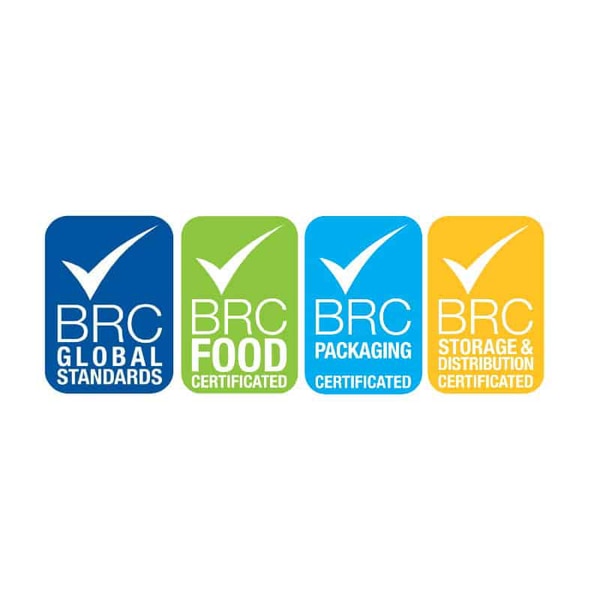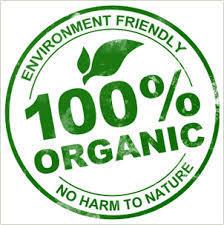The BRC Global Standard is for Food Safety. This certification many times becomes necessary for doing business with UK and many European retailers and other global retailers. This food quality standard focuses on HACCP ( Hazard analysis critical control point), food safety management system, competence of personnel performing various processes that has effect on food quality and various controls on processes, raw materials, infrastructure and work environment, This standard is most applicable to manufacturers of food contact packaging for retailers labeled products and branded products as well. Manufacturers have an obligation to put appropriate systems and controls in place to ensure the suitability of their packaging for safe food use. The BRC and IOP (Institute of Packaging) have developed this standard to assist retailers and food manufacturers in the fulfillment of their legal obligations. This Standard will help in the protection of the consumer by providing a common basis for the audit of companies supplying packaging for food products to retailers. We provide BRC certification for food, consumer products, packaging and storage & distribution suppliers. The standard has been adopted by food manufacturers throughout the world, especially by those organizations supplying British retailers. Third-party certification to the standard helps manufacturers, brand owners and retailers fulfill their legal obligations and safeguard consumers. The standard covers a comprehensive scope of product safety areas, as well as the legal and due diligence responsibilities of both the supplier and the retailer. Benefits Of BRC Registration Customers, employees, stockholders and competitors develop sustainable respect for an organization which demonstrates its commitment to food safety and/or packaging regulations Operating costs drop as rework reduces, efficiencies increase and non-compliance penalties reduce Improved credentials to supply retailers An enhanced food safety and food safety management system A demonstrable commitment to producing safe food. Increased customer confidence in your product’s safety and quality.


